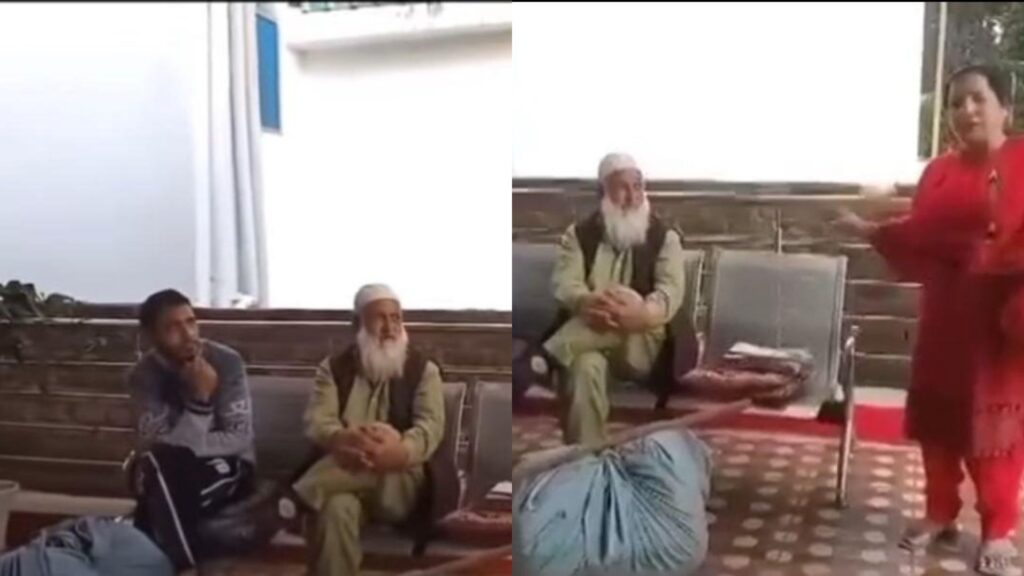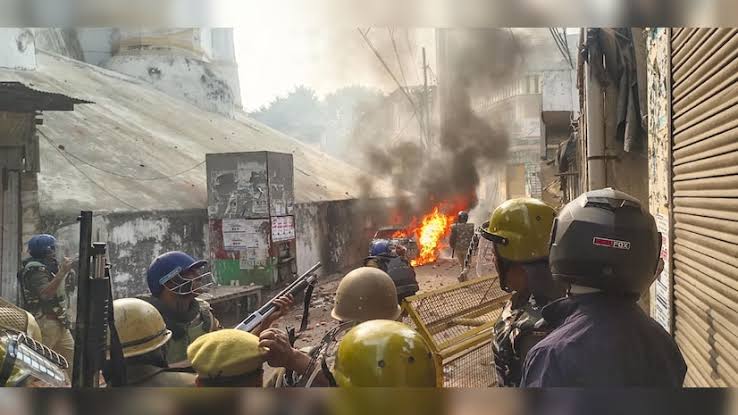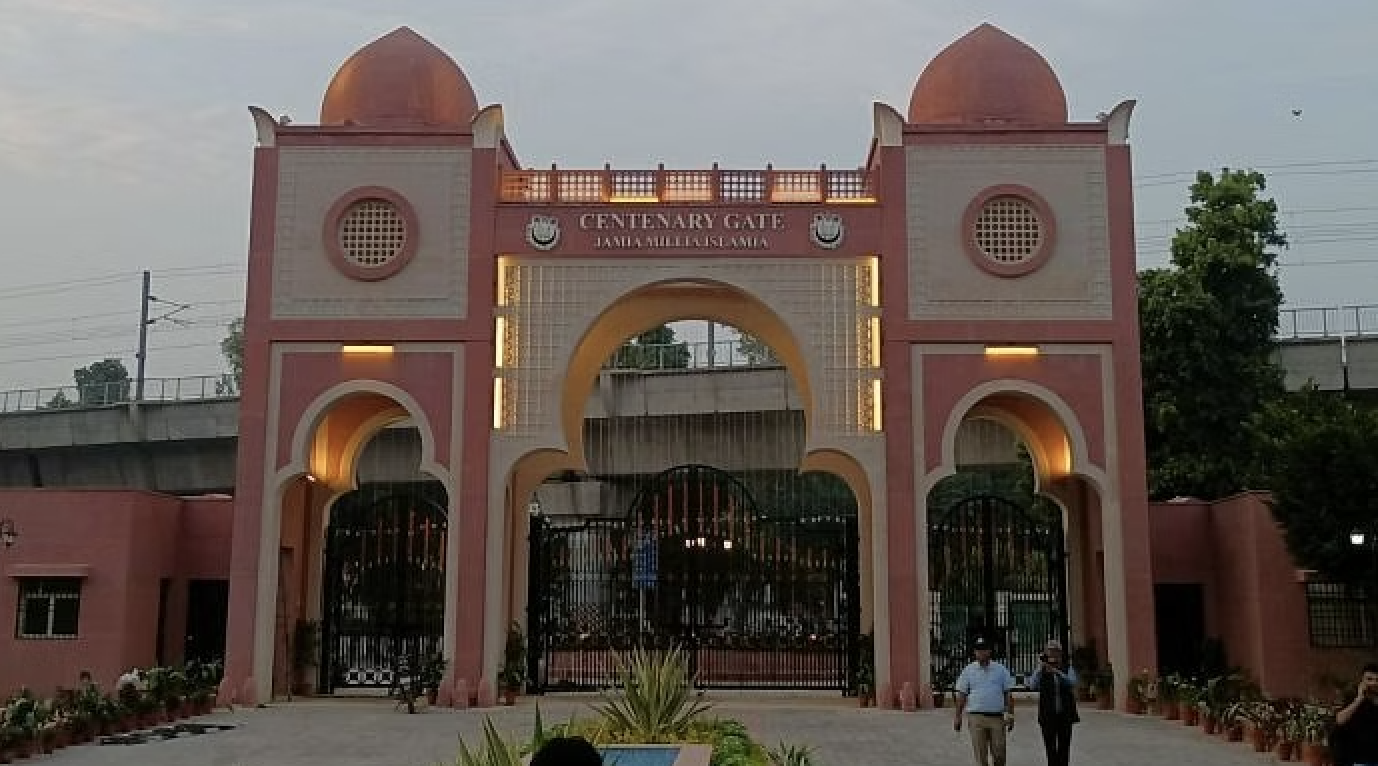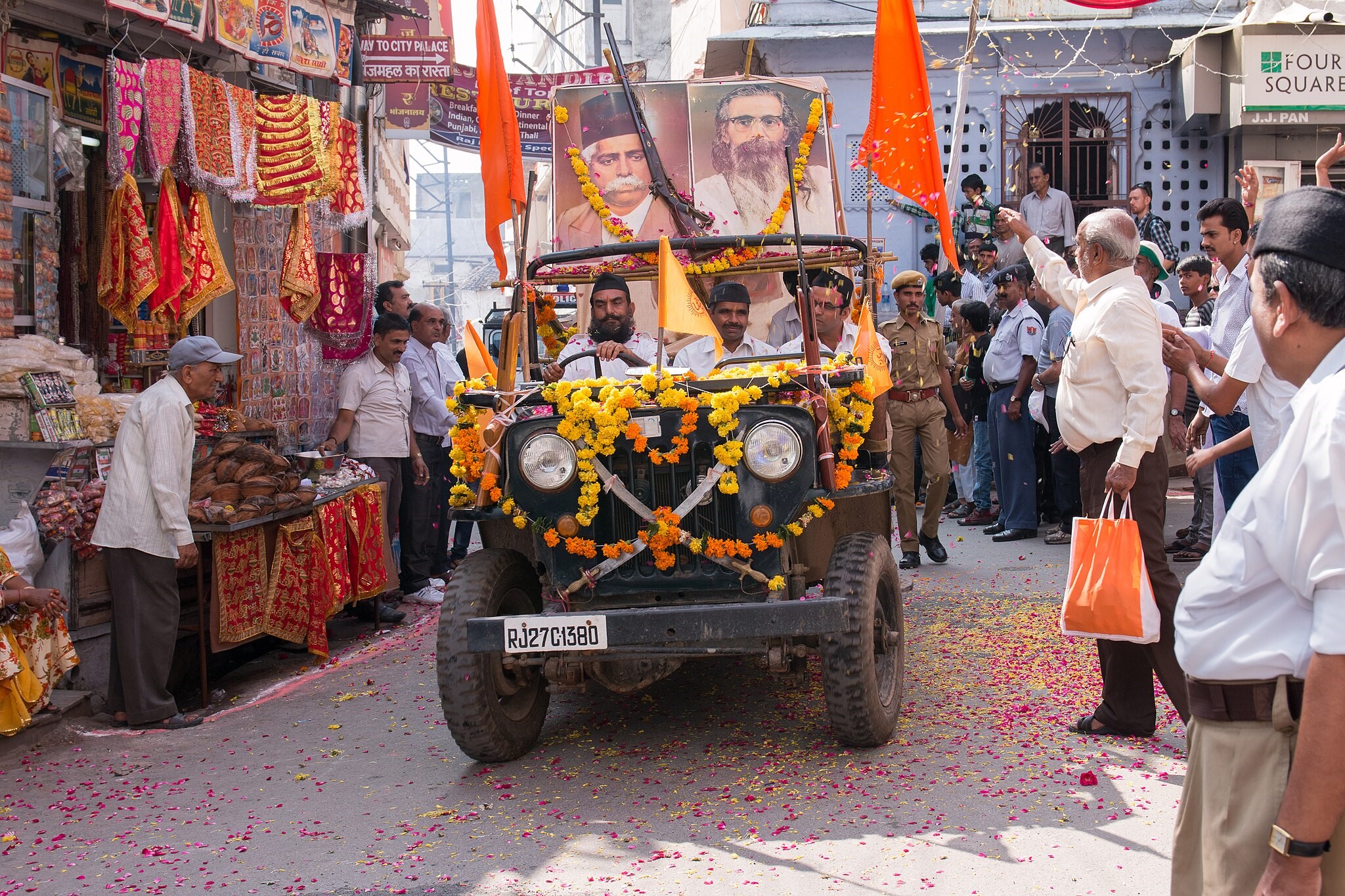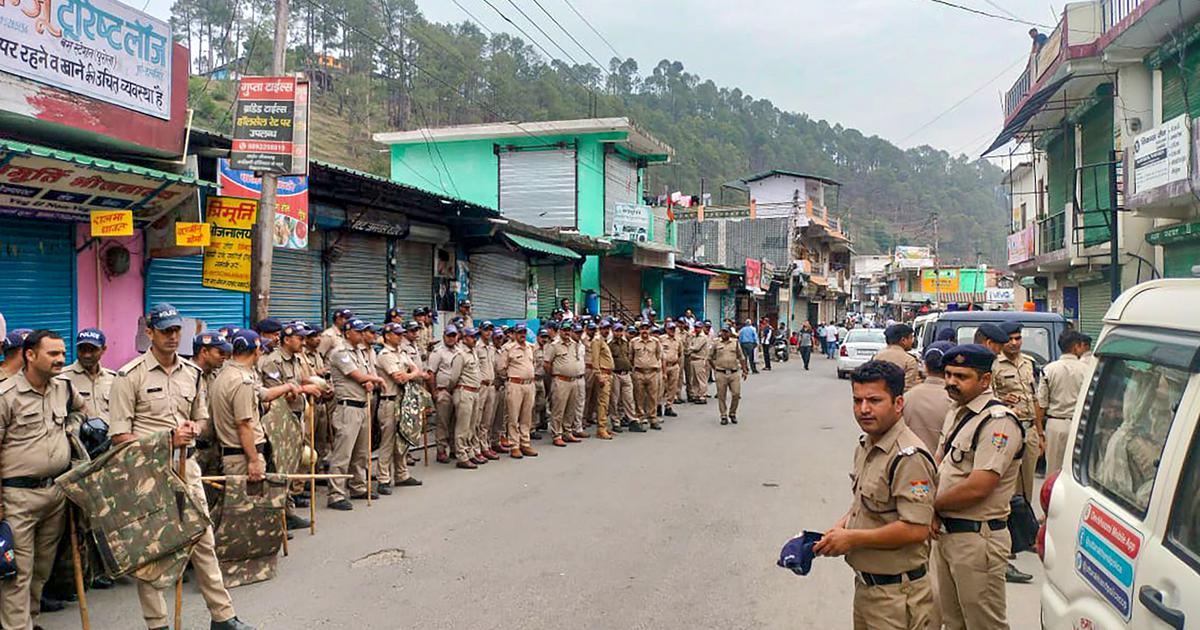
Srinagar, Indian-administered Kashmir – On the International Human Rights Day every year, 62-year-old Parveena Ahanger and the families of hundreds of victims of enforced disappearances in Indian-administered Kashmir would gather at a park to seek the whereabouts of their children or spouses who disappeared during decades of conflict.
For Ahanger and the family members of other victims, who would gather under the banner of the Association of Parents of Disappeared Persons (APDP) and hold pictures of their missing kin, it would be a day of protest and remembrance.
As the world marks Human Rights Day on Friday, those families say they are “silently mourning” their kin at home. The reason: a crackdown on rights groups and activists by Indian agencies in the Himalayan region, also claimed in its entirety by neighbouring Pakistan.
Last month, prominent rights activist Khurram Parvez was arrested under a stringent terror law, the Unlawful Activities Prevention Act (UAPA) for “criminal conspiracy and waging war against the government”. He has been shifted to a jail in the capital New Delhi.
Parvez, 44, is programme coordinator at Jammu-Kashmir Coalition of Civil Society (JKCCS), a leading group documenting and campaigning against rights abuses by the Indian forces in Indian-administered Kashmir for the last 20 years.
The JKCCS has published extensive reports on torture, civilian killings, rapes and illegal detentions, and detailing the impunity given to by the armed forces in the disputed region. In 2008, a shocking disclosure about the presence of more than 2,000 unmarked graves in the northern part of Indian-administered Kashmir shook the region.
It is Parvez’s second arrest in five years. He was arrested in 2016 under the controversial Public Safety Act (PSA), a law under which a person can be detained for a year or more without trial. He was released after 76 days of detention.
India’s National Security Advisor Ajit Doval last month described civil society groups in India as “new frontiers of war” and said they could be “manipulated to hurt the interests of a nation”.
It is a stand also shared by Prime Minister Narendra Modi’s Bharatiya Janata Party (BJP) as his government goes after rights defenders in not only the disputed region but across India.
“The human rights groups in the region have been glorifying militancy. There is a proof of them involved in anti-national activities. That’s why there is a crackdown against them,” BJP spokesman Altaf Thakur told Al Jazeera, justifying the government’s crackdown on rights groups.
‘Too scared to do it anymore’
For decades, rights groups in Indian-administered Kashmir, including APDP and JKCCS, had been working to uphold and fight for human rights in the disputed region, revealing the human cost of the decades-long conflict and protesting to seek accountability from the government.
But after India’s only Muslim-majority region was stripped of its limited autonomy two years ago, the right-wing government in New Delhi launched an enormous clampdown against them.
The families of disappeared people – who rights groups say are more than 8,000 in number – held their last protest in July 2019 – a month before the region’s special status was scrapped.
Ahanger founded the APDP two years after her son was picked up by Indian security forces from their home in the main city of Srinagar in 1992. He never returned home.
The disappearance triggered a lengthy fight for Ahanger looking for her son, along with hundreds of young men who went missing after being taken into custody by the Indian forces.
“We would issue calendars with pictures of people who went missing to keep their stories alive. But we are too scared to do it anymore,” Ahanger told Al Jazeera.
Human rights violations began to be formally reported formally in Indian-administered Kashmir in the early 1990s when an armed rebellion against New Delhi was at its peak.
India’s retaliatory counterinsurgency operations, activists allege, were marked by an “excessive use of force”, including torture and disappearances. Rights groups say at least 70,000 people – most of them civilians – have been killed in the conflict so far, though the official figure is much lower.
Since 2019 when Modi’s government stripped the partial autonomy of the region and divided it into two federally-governed territories, the conflict has only intensified. The move was followed by a months-long security lockdown and arrests of hundreds of Kashmiri politicians, lawyers and activists.
In the last two years, Modi’s government has instilled fear among the region’s residents through the widespread use of draconian laws such as the UAPA to stifle dissent. At least 2,300 people have been booked under the law in the region since 2019, official figures show.
‘We are under pressure’
In October last year, India’s National Investigation Agency (NIA) raided the offices and residences of Ahanger and Parvez. In the day-long raids, documents, computer hard drives and files containing details of victims of rights abuses were taken away, the groups allege.
“Our fight is for ‘haq’ (truth). There is a lot of ‘zulm’ (oppression),” Ahanger told Al Jazeera at her office in Srinagar. “These times would not last.”
In a first-ever report released by the Office of the United Nations High Commissioner for Human Rights (OHCHR) in 2018 on rights violations in Indian-administered Kashmir, the work of groups such as JKCCS was extensively quoted.
In another report in 2019, the UN called for the formation of a commission of inquiry into the allegations of rights violations in the region.
Activists working with the JKCCS said the reports did not go down well with the government as it “exposed the atrocities by its armed forces”.
“After the reports, they (authorities) started intimidating us,” one of the JKCCS activists told Al Jazeera on condition of anonymity.
After a series of crackdowns, fear has escalated among the region’s rights groups. The JKCCS office looks barren, with few volunteers visiting the office after Parvez’s arrest.
“We are under pressure,” one of the volunteers who did not want to be named told Al Jazeera.
“They (government) want complete silence from us. By silencing rights defenders, the security forces have become more emboldened.”
After its 2019 move that stripped Indian-administered Kashmir of its limited autonomy, the government repealed more than 100 laws, including legislation on the functioning of the State Human Rights Commission (SHRC).
At the time of its closure, the commission was hearing more than 7,000 cases of alleged rights violations, including cases of enforced disappearances and extrajudicial killings. The fate of those cases remains uncertain now.
According to Meenakshi Ganguly, the South Asia head of Human Rights Watch, India had claimed its 2019 move would “eventually lead to peace and protection of political, economic and social rights”.
“Yet, not only are there rights violations, but even human rights defenders are at risk,” she told Al Jazeera.
A prominent rights lawyer, who did not want to be identified, said the continuous harassment of activists and rights groups has “criminalised human rights work” in Indian-administered Kashmir.
“It seems all rights have been suspended in Kashmir now,” he told Al Jazeera.
This story first appeared on aljazeera.com

